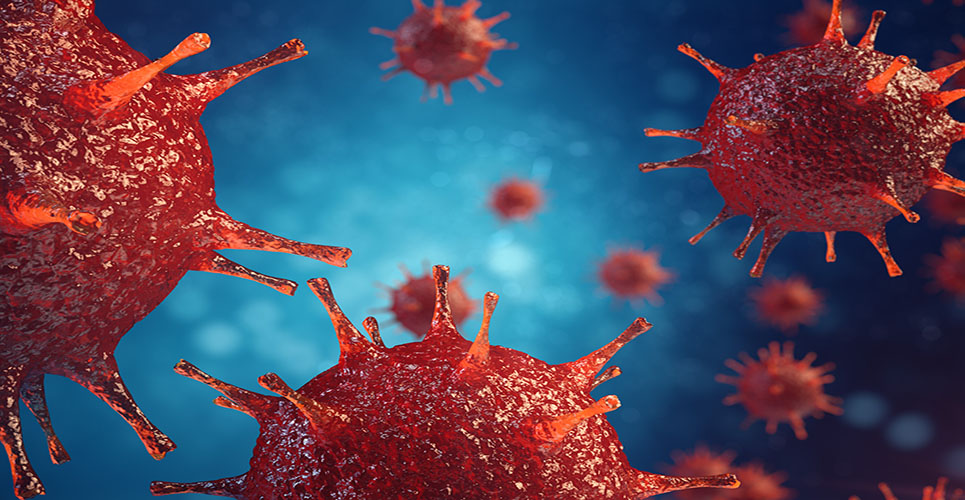teaser
Doctors have warned that new forms of the MRSA superbug have been identified which attack the immune system, are highly infectious and can kill patients by destroying lung tissue.
And unlike most MRSA strains, the bacteria are spread through the community and are not confined to hospitals.
They produce a toxin called Panton-Valentine leucocidin (PVL) that kills white blood cells, which are an essential part of the body’s immune system defences.
Experts warned that it would be easy to ignore the new strains of the infection because the initial symptoms appear relatively harmless. However, they added that by the time a correct diagnosis is made it might be too late to save the patient.
Dr Marina Morgan, from the Royal Devon & Exeter Foundation NHS Trust, spelled out her concerns at the Federation of Infection Societies Conference at the University of Cardiff.
She said: “The new community-associated MRSA strains appear to be more virulent and more easily spread between people.
“These community-associated versions have been found in people with few, if any, reasons to have MRSA. Typically they haven’t recently been in hospital, or are not looking after or living with people with MRSA.”
She warned that if community strains take hold and spread in the UK as they have in the US then many more patients with unsuspected MRSA infections will be admitted to hospitals.
“When doctors finally realise the infection is MRSA, by the time patients get the correct treatment it may be too late,” she said.
Copyright © PA Business 2007
Royal Devon & Exeter Foundation NHS Trust

